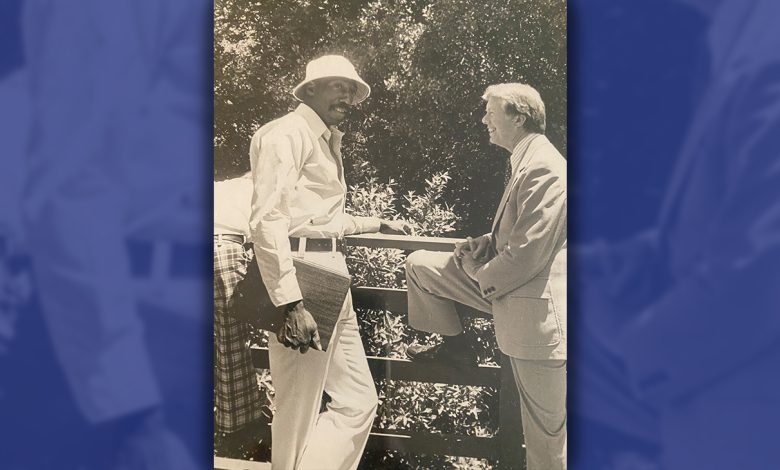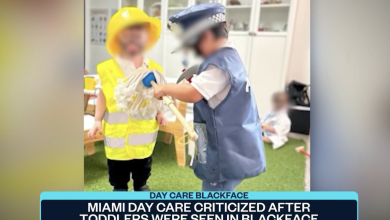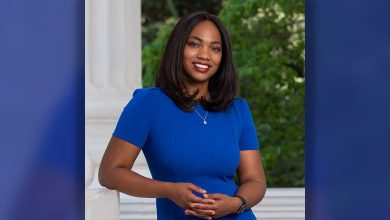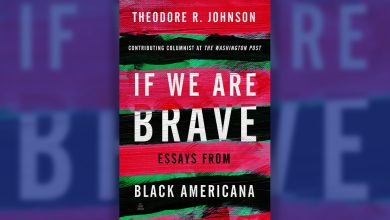In 1974, Then-Gov. Jimmy Carter Visited the Home of Oakland Black Black Political Activist Virtual Murrell While Running for President

By Edward Henderson, California Black Media
The California Association of Black School Educators (CABSE) is an organization consisting of elected and appointed school officials, administrators and instructors from across California who are committed to advancing equity for Black students.
CABSE members represent governmental agencies, charter schools and charter school organizations, public school districts, traditional public schools, and community colleges.
The organization’s primary goal is to expand PK-14 educational opportunities for all students in California, with an emphasis on under-represented and under-served Black students.
California Black Media (CBM) spoke with CABSE President Satra Zurita and Conference Chair Micah Ali about this year’s successes, disappointments, and plans for the organization coming into the new year.
Looking back at 2024, what stands out to you as your most important achievement and why?
Ali: I would have to say that two highlights have been the ongoing support of the Bill and Melinda Gates Foundation, Engie, and other sponsors that have enabled us to bring together like-minded education leaders twice a year to collectively advance innovative and meaningful strategies to achieve change on behalf of Black students across our state.
How did your leadership and investments contribute to improving the lives of Black Californians?
Zurita: CABSE’s leadership and investment in improving the education system for Black students in our great state has resulted in a long-standing focus on transforming public education and its response to Black students. By pulling from the very wisdom of those educators and leaders who care deeply about Black students and who are showing great promise through their efforts.
What frustrated you the most over the last year?
Zurita: Continuing to see the deep impact of COVID-19 Pandemic school site closures on students academically and emotionally — especially Black students. This makes our work and our advocacy more vital than ever.
CBM: What inspired you the most over the last year?
Zurita: Seeing our CABSE convenings grow in depth and breadth — our strategies, powerful content and reach.
What is one lesson you learned in 2024 that will inform your decision-making next year?
Ali: Our Blueprint for Education Equity is a crowd-sourced framework of strategies that have shown great promise for improving the education experiences and opportunities for Black students. In 2024, we developed an equity self-assessment tool for districts to use in evaluating their own efforts on behalf of Black students. Strategies are helping Black students.
In one word, what is the biggest challenge Black Californians face?
Zurita: Many Black students across our state are dealing with a host of challenges: homelessness, food insecurity, exposure to violence, not to mention bias remains a pervasive problem. To add to the challenge, educators are worn out, tired, and frustrated. We now need to think about how we can simultaneously inspire and empower students and educators alike. The system needs an overhaul.
What is the goal you want to achieve most in 2025?
Zurita: In 2025, we hope to stand CABSE up as a fully functioning non-profit organization engaged in research and policy design.
Ali: We also aim to deepen the content of our convenings, including adding a Math Track and what we are calling Social Determinants of Education Track to our annual conference and institute, which will address those social contexts that prevent Black students from realizing their potential as students.





